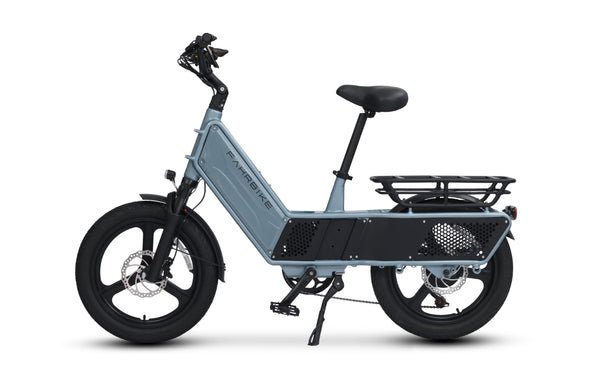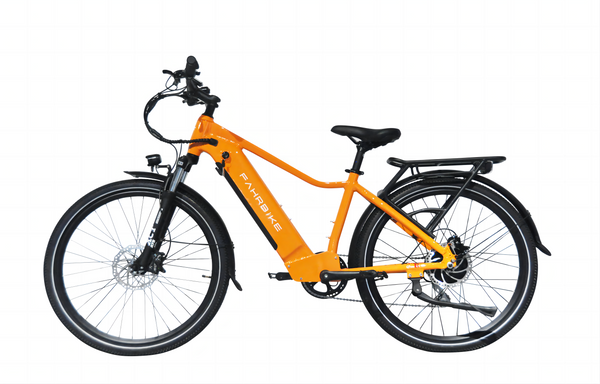Introduction:
In recent times, the rising popularity of electric bikes (e-bikes) has brought about concerns regarding the safety of their lithium-ion batteries. These concerns reached a critical point on December 4th, 2023, when a tragic incident occurred in a Bronx apartment building in New York. According to a report from US News, a fire, attributed to an e-bike battery, claimed one life and injured six individuals. This incident serves as a stark reminder of the potential dangers associated with these batteries.
The Risks and Causes:
Lithium-ion batteries, while efficient in providing high energy density for e-bikes, are not without their risks. The most common reasons for these batteries catching fire or exploding include:
- Mechanical Damage:Such as that resulting from shocks or falls.
- Overheating:Prolonged exposure to strong sunlight or high temperatures, followed by a lengthy charging period.
- Charging a Swollen Battery:Avoid charging a battery that has become swollen, as it may indicate internal damage.
- Charging a Completely Discharged Battery:Especially if it has been idle for several days.
- Thermal Shock:Charging a battery that has a below-zero temperature before allowing it to reach room temperature.
Choosing Trusted Brands:
To mitigate the risks associated with e-bike batteries, consumers are encouraged to purchase e-bikes from trusted brands that utilize well-known battery brands. For instance, the Fahrbike, which uses SAMSUNG batteries, is a reputable choice known for its commitment to safety and quality.
Preventing Battery Fires:
Here are some essential safety measures to prevent lithium-ion batteries from catching fire:
- Use Only Manufacturer-Provided Chargers:Stick to the charger provided by the battery manufacturer to ensure compatibility and safety.
- Charge in a Safe Location:Charge your e-bike in a garage, on a terrace, or balcony, preferably on fireproof flooring such as tiles. Ensure the area is dry and maintains a moderate temperature.
- Avoid Nighttime Charging:Refrain from charging your battery at night or when you are away from home. Your presence can help prevent potential incidents.
- Check for Damage:Regularly inspect your battery for leaks, bumps, swelling, charging problems, or unusual heating. If damaged or swollen, cease using and charging it immediately.
- Optimal Charging Levels:Ideally, keep the battery charge levels between 30% and 80%, as charges below or above these values can be more likely to cause fires.
- Avoid Fully Charging for Storage:Never store your battery fully charged. Consider using a flame-retardant battery storage bag for an additional layer of safety.
Conclusion:
While e-bikes offer a sustainable and efficient mode of transportation, it is crucial to prioritize safety by choosing reputable brands and implementing precautionary measures. By following these guidelines, users can enjoy the benefits of e-bikes while minimizing the potential risks associated with lithium-ion batteries. Always prioritize safety and stay informed about best practices to ensure a secure and enjoyable e-biking experience.





